Whenever I tell someone that I am a professional jazz pianist, I always get asked the question, “Is your family musical?” I always chuckle to myself in my head.
How do you begin to explain to someone that your father is the Concertmaster of the Boston Symphony Orchestra? (Well that one is easy but it goes much deeper.)
After surprising someone with that piece of information, in my most humble fashion of course, most of the time stop there because that answer more than satisfies their question.
How could I possibly go on and say that my late grandfather, Elman Lowe, was a renown violin teacher from Canada? Do I tell them my grandmother, Donna Lowe, professionally plays and teaches viola, piano, and voice at a college level?
Some might start to consider our family a little abnormal at this point, but wait, I’m not done! My uncle, Darren Lowe, is the concertmaster of the Quebec Symphony Orchestra, my other uncle, Cameron Lowe, is the principle cello in the Regina Symphony Orchestra and my aunt is also a cellist in the Regina Symphony Orchestra.
Please don’t mistake this as boasting, all though I do take extraordinary pride in my family tree. Obviously growing up around this much musical talent I was bound to learn very valuable musical lessons that have stayed with me through out my entire journey.
#1 - Play With Passion, Heart & Soul or Don't Play At All!
This is a great one that applies to all music. Too many times I will attend a jam session and listen to many gifted players that have great ideas, yet sound like robots when expressing their ideas. No one wants to hear hundreds and hundreds of traditional jazz licks or a violin concerto played with no personal attachment to the music that is being played. Everyone enjoys listening to music because it speaks to them in individual ways. If the listener cannot relate to anything the performer is playing then the music is meaningless. There must be some connection established through personal expression. This brings up another point that I will write about in the future that deals with a heavy question for musicians that is, do you play music for the audience, or yourself when performing? Will save that fiery topic for another day.
#2 - Practice Your Mistakes, Not Your Strengths
In order to get to the level my father has attained or any great musician you must be willing to practice, and I don’t mean what you already know how to play. Practicing means working on repertoire and skills you do not currently posses. When I was younger, I would sit down at the piano to work on a piece that I didn’t know only to begin playing another piece I already knew. Obviously I took much more joy in playing the piece I already knew as most people do. An hour or so would go by before I got up to stop. I would then see my dad in the kitchen and say “Finished practicing for an hour today!” feeling quite pleased with myself. One time in a dry tone he replied, “You haven’t practice at all today. You PLAYED the piece you already know. One more hour to go kiddo.” Needless to say I never made that mistake again. Practicing is being discipline enough to work through everything you cannot play on a consistent basis.
#3 - Set Your Standard Higher if You Want to Get Better
The level I watched my dad work to achieve on a day to day basis will be forever burnt into my mind. Whenever I thought he was done practicing for the day, he would have 2-3 more hours to go…on ONE phrase alone. I once asked him how much longer he had to practice to which he replied with a grin, “Until I play it right… every time.” Now to most people this seems pretty obvious. You practice until you can play it right. For those who play music, or even those who don’t, how many times have you practiced a piece of music, or worked on a project in life, to the point where it was 99% right. Maybe there was one part of the piece or project which you would occasionally make a tiny mistake on. In order to get to the highest level you must be prepared to never except mediocrity. You can’t even except excellence. You must be prepared to do whatever it takes to be better than everyone that has come before you. Practice until everything is right….and then practice it some more even it means playing a certain phrase tens of thousands of times. Which I certainly hear my father do day in and day out.
#4 - Consistency is King
As a young boy somehow I had a notion in my head that I needed to practice for hours and hours and hours during the week. While this was true, the more important factor was that I practice EVERYDAY! I learned most of my musical lessons from my father while trying to boast to him about some achievement. One particular night while eating dinner, I casually slipped the fact that I had practiced for 5 hours that day into the dinner talk . With a less than encouraging tone he replied “That’s good Brenden.” Not completely understanding why he wasn’t more impressed I decided to not continue with my bragging performance. As we were getting up from the table my father asked, “Did you practice on Tuesday or Wednesday?” I immediately knew that not practicing on Tuesday and Wednesday had completed negated anything I had accomplished on Thursday. I think that lesson hit me with more force than a Mack truck. It’s never about how much time you spend practicing, its about the consistency of your practice. To this day I make more progress practicing less time every day than practicing one day for a large amount of time.
#5 - Be Flexible and Forgiving When Performing
On a beautiful sunny afternoon in Boston, after I had completely botched a large recital I had spent months preparing for my dad gave me some great advice that I still love to this day. He obviously could see I was upset with my performance and took a small amount of time to help cheer me up. He explained to me that a performance was just that, a one time concert that allowed you to move people emotionally and share your music. “The art of expression in music is going to take you to different places on different days so to expect your preparation for your recital to come out completely as planned is unrealistic.” He immediately got a smile out of me after hearing that one. He continued. “It is this reason alone that also causes performances and shows to connect and move people to places unimaginable to the mind solely through thought. One must be flexible with the outcome and forgiving of his/her performance in order to learn from the bad and good things that happened.” At the time I didn’t completely comprehend what he was saying but as I grew and began to focus more on the connection of music with others, I stopped worrying so much about mistakes I might make, or if I had practiced enough. I began to produce memorable performances instead of simply recreating my preparation on a stage which always leads to less then stellar performances.
Still feel like your jazz piano practice is scattered?
Most jazz pianists aren’t stuck because they’re not practicing enough — they’re stuck because they’re working on too many disconnected things at once.
The Proficient Jazz Pianist gives you a clear, step-by-step path for mastering the three skills that actually matter:
comping, solo piano, and improvisation.
Instead of random exercises, you’ll know exactly what to practice, in what order, and how it all fits together musically.
Ready for a real path forward?


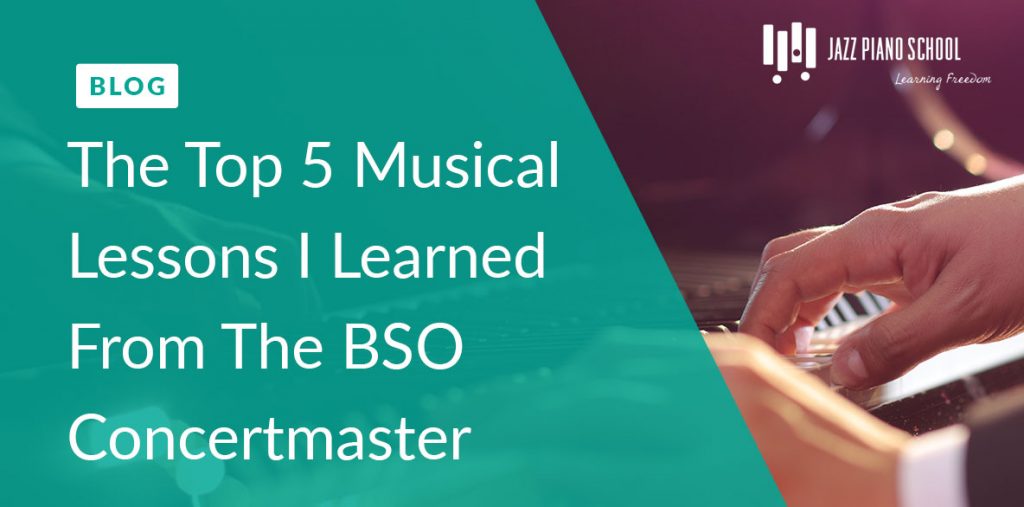
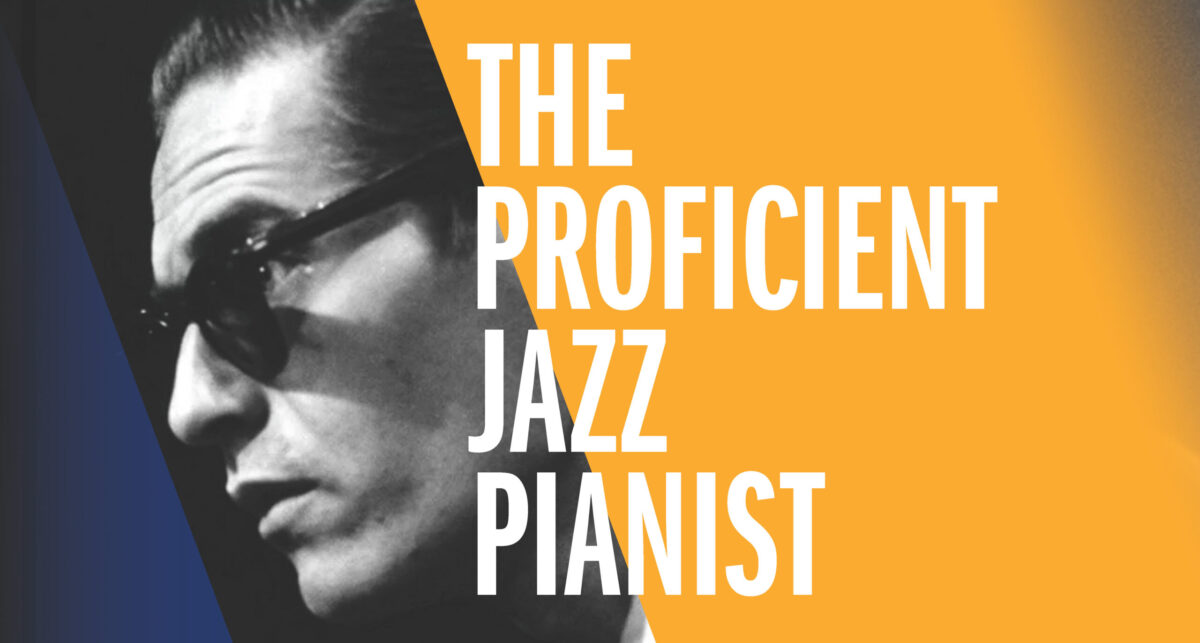
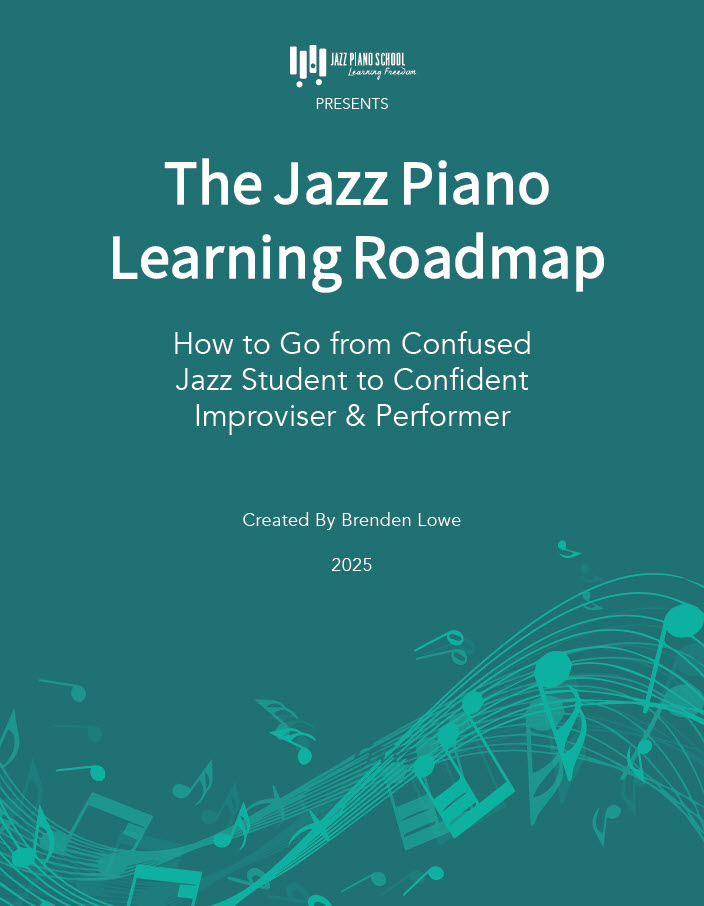
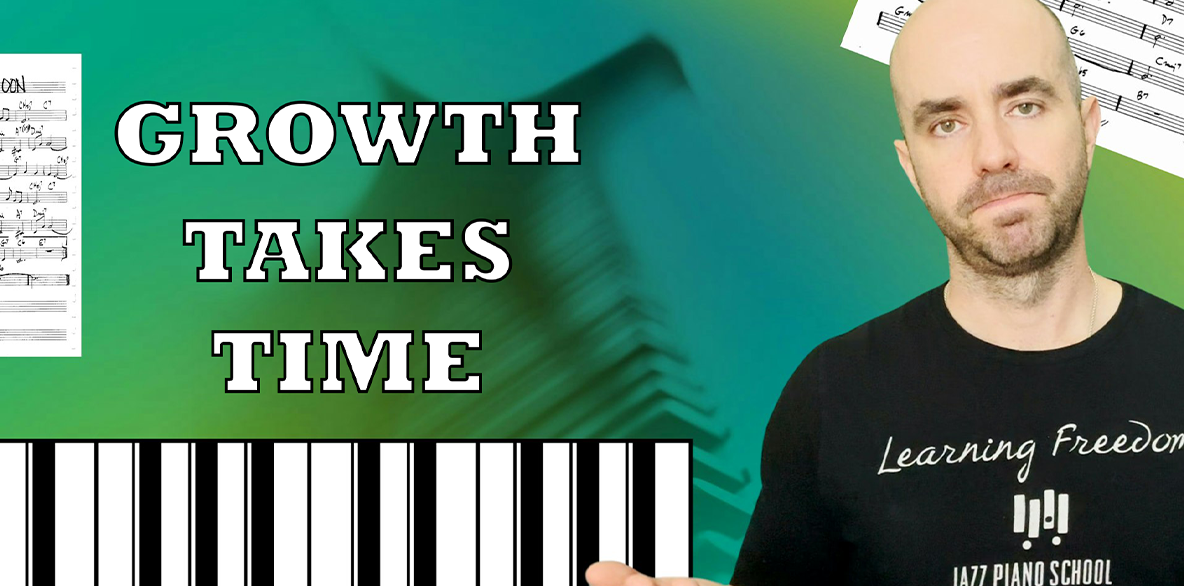
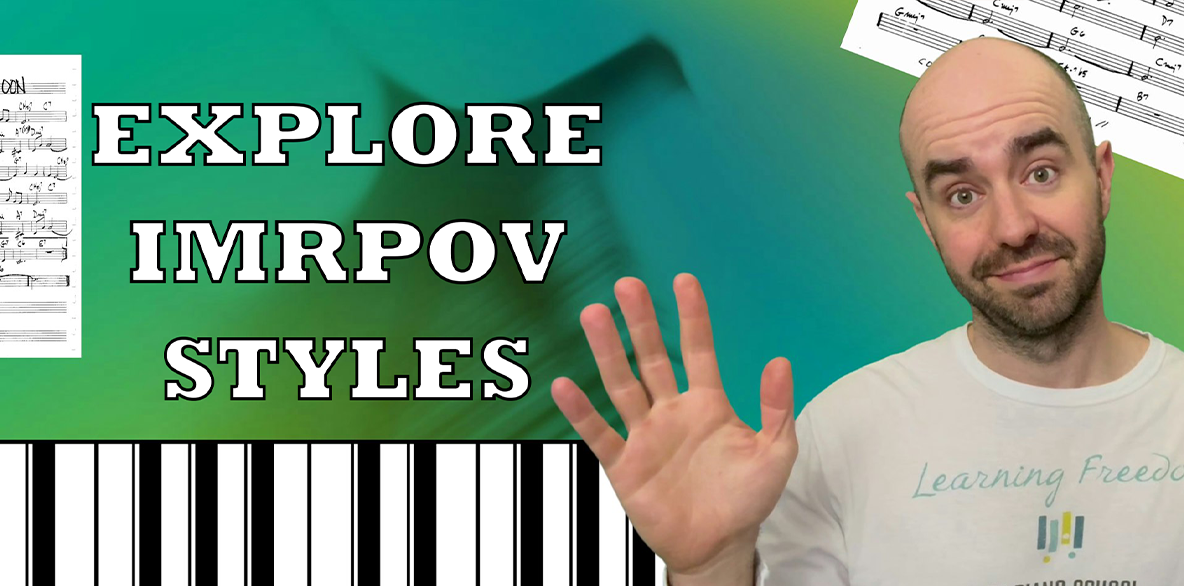
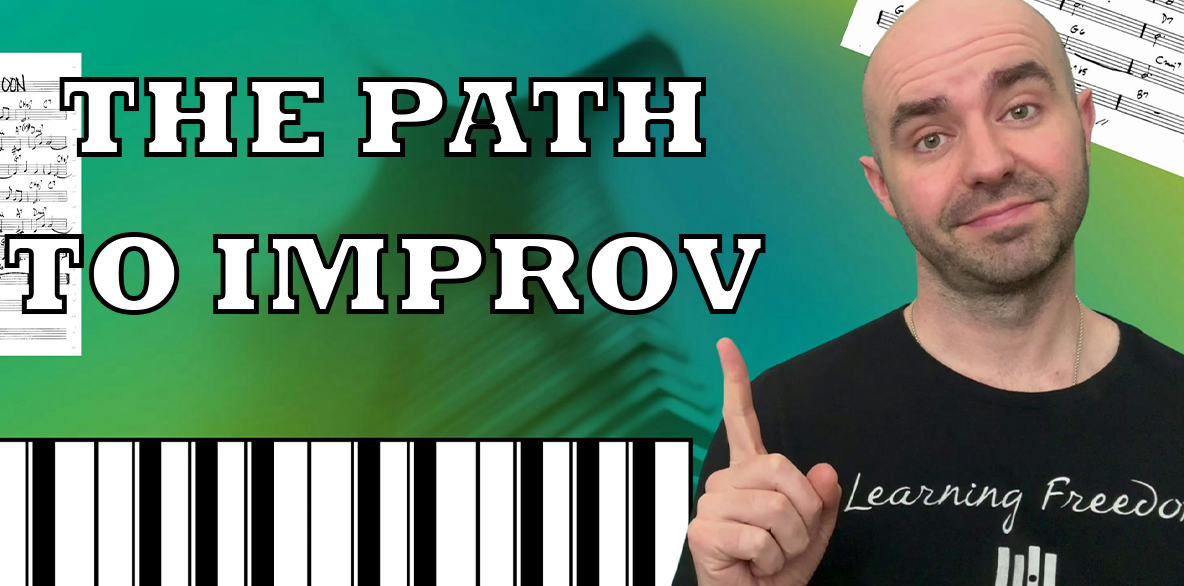

One Response
Brenden,
I am in awe of the Lowe family. I went to school with your father and slightly knew your uncle Cameron. Alas I have never met your uncle Darren or aunt Heather.
Malcolm and I attended Davin, now Crescent, School
Your dad threw a wicked baseball but he usually refused to do so as the violin came first.
Good luck with your endeavours and please give my regards to your dad.